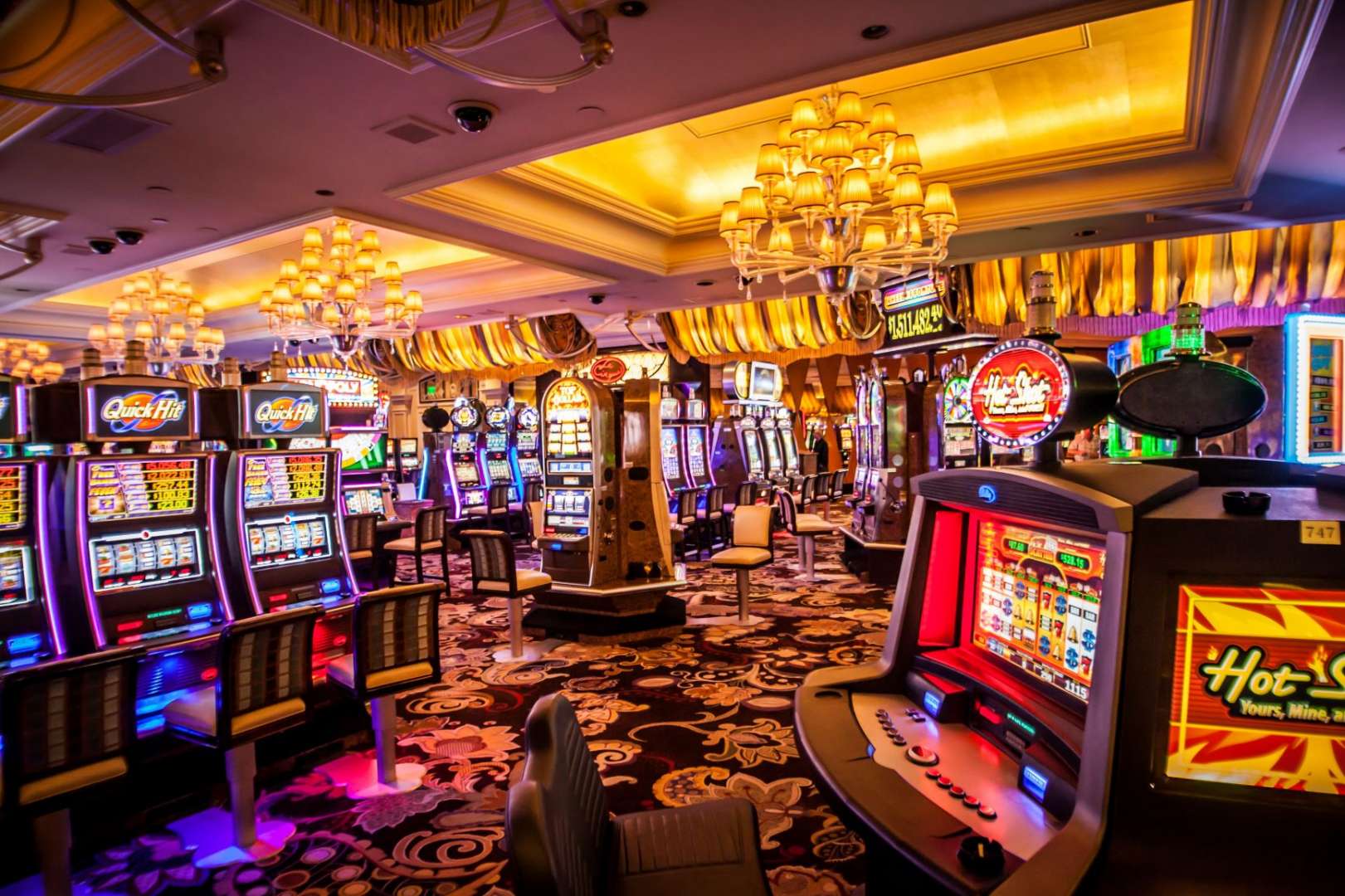
Gambling games have long been a captivating source of amusement, drawing numerous of players from diverse cultures around the globe. From the glitzy casinos of Las Vegas to the busy gambling halls of the Cotai Strip, these games serve as a bridge that connects people across different backgrounds. The allure of luck, skill, and uncertainty entices not only those looking to strike it rich but also those in search of a shared experience.
The cultural impact of casino games extends significantly past the gaming floor. They often reflect the cultural standards and traditions of the cultures in which they prosper. Games such as seven-card stud, blackjack, and the wheel game have integrated into the mosaic of cultural phenomena, influencing multiple fields from cinema to clothing. As we explore this intriguing intersection of luck and society, we can comprehend better how gambling games shape and are affected by the surrounding world.
Chronological Evolution of Gambling Activities
The roots of gambling activities can be followed back to old civilizations, where gambling in various forms was extensively engaged in. In the East, around 2300 B.C., a variant of luck game known as Keno was common, while in old Rome, soldiers would frequently gamble on the outcomes of their games. The idea of using randomness for amusement and profit evolved over the ages, leading to the formation of more formal games. By the end of the Middle Ages, gambling houses initiated to appear in European nations, particularly in Italy, which brought forth early versions of popular activities still enjoyed today.
As betting expanded recognition in European regions, the 17th and 18th centuries saw the appearance of gambling establishments as exclusive establishments for gambling. The initial official casino, the Ridotto, was established in Venice in 1638, featuring activities like Baccarat and Faro games. This era marked a significant shifting point, as casinos commenced to welcome not just the elite but also the growing middle-income class. The sophistication of games evolved, leading to the introduction of new regulations and modifications that enhanced the play experience.
In the 19th century, the industrial revolution and changes in societal conventions additionally changed the terrain of gaming games. The launch of roulette and modern one-armed bandits drew a larger crowd, and gambling establishments became seen as legitimate forms of fun. This era witnessed the globalization of casino activities, as casinos expanded from Europe to the Western Hemisphere, culminating in the development of the legendary Las Vegas Strip in the twentieth century. The development of casino games has persisted into the current era, incorporating technology and online platforms, allowing them available to a global market.
## Cultural Importance across Diverse Communities
Casino games have deep-rooted social importance across a multitude of cultures throughout the globe. trang chủ ga179 Places like Las Vegas, the very essence of the city is woven around gaming venues, where gaming is not just a hobby but a fundamental aspect of entertainment and social interaction. The dazzling lights and vibrant atmosphere attract a vast audience, showcasing how casino games can impact local economies and cultural uniqueness. This surrounding transforms the notion of relaxation into an enriching event that influences apparel, sound, and even film.
On the other hand, some communities approach wagering with an air of caution, seeing it through the lens of ethical considerations and customs. For example, in many Eastern communities, games like Mahjong and Pai Gow are steeped in history and have significant social meanings. These games are often played during meetings and celebrations, fostering collective connections and solidifying familial ties. The act of participating in these games goes past mere entertainment, reflecting principles such as deference to seniors and the value of communal fun.
Simultaneously, in continental countries such as Monaco and Italy, games of chance serve as symbols of wealth and elegance. The refined atmosphere of these locations attracts both visitors and locals, reinforcing a sense of prestige and rarity. The art of Texas Hold’em and the strategic features of games like banker’s game are appreciated, influencing community relationships and creating an attraction that captivates a heterogeneous audience. This underscores how gambling can concurrently reflect and shape cultural attitudes towards danger, gain, and community interaction.
Financial Influence and Travel Industry
Gambling activities play a crucial role in the economic landscape of many areas, particularly those that rely heavily on tourism. The revenue produced from gambling establishments fuels local financial systems, creating jobs not only within the casinos but also but also in connected industries such as hotel management, restaurant services, and recreation. This surge of tourists, drawn by the allure of games and the overall gaming environment, stimulates spending across multiple businesses, contributing to the economic health of the area.
The existence of casinos often leads to the development of infrastructure, including lodging, public transit, and leisure amenities. These improvements are essential in improving the overall visitor satisfaction, making destinations more attractive to visitors. Additionally, many casinos invest in local communities through support of activities and charitable initiatives, further embedding themselves into the community structure of the locality. Such investment not only supports economic growth but also cultivates a positive reputation of the gambling sector.
Furthermore, the global popularity of casino games drives competitive tourism, with locations vying to attract players from across the globe. Iconic locations like Las Vegas and Macau have become identifiable with casino culture, drawing millions each year. This competitive edge encourages creativity and diversification within the gaming industry, influencing developments in leisure and hospitality that extend beyond their limits. The ripple effects of this visitor influx extend far, impacting local economies and cultural interactions on a global scale.
